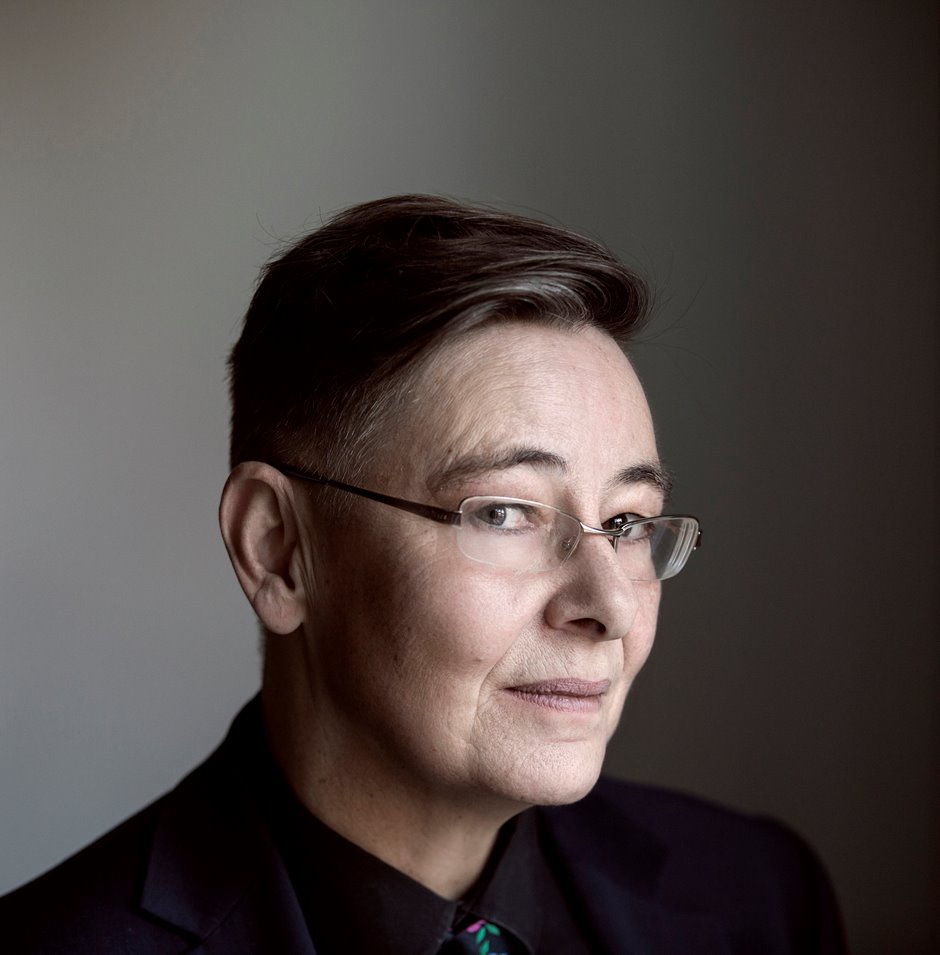A breeding ground for new talent
Interview with Henny Dörr
An interview with course founder Henny Dörr about experimenting, forming your own vision and daring to share things.
A breeding ground for new talent
‘This Master’s degree approaches scenography as the staging of an interaction between the theatrical event and the live spectators, which can take place anywhere at all. But this definition is also open to discussion and investigation. For example, we go to performances by Lotte van den Berg and Dries Verhoeven, where as a spectator you are concerned with perception in a theatrical way. We also study art in the public space, architecture and entertainment. And besides visiting and defining scenographic performances, we also talk to various makers’.

Conceptualisation and development
‘During the two years, we follow three learning pathways: creating, thinking and sharing. You decide yourself what you want to investigate in your own work, and the lecturers support you through tutorials. Formulating theories is an important part of this investigation, whereby you continually try to make the link to your artistic research. And finally, there is a focus on sharing. Through excursions, workshops by guest lecturers and roundtable discussions, we try to map out the conceptualisation and development of Scenography’.Visual designers
‘This Master’s degree can be a breeding ground for new talent. This is essential, especially now that many producing houses are disappearing. Over the two years, I try to equip the students with a network, in collaboration with Het Huis and the Research Centre Performative Processes, for example. But of course, the students also bring along their own networks’.‘I hope that these students manage to immerse themselves in their work, so that they can be of consequence in their own network and community. It is important that I do not put these students together on the basis of an elitist Western perspective, in order to impose my wishes on them. I am aware that I have many foreign students who return home or travel on elsewhere. This is precisely why they must set to work on their own goals. They can learn a great deal from one another and from themselves. I see these students as autonomous visual directors who – armed with professional knowledge – can make an interesting contribution to the development of new theatre forms’.